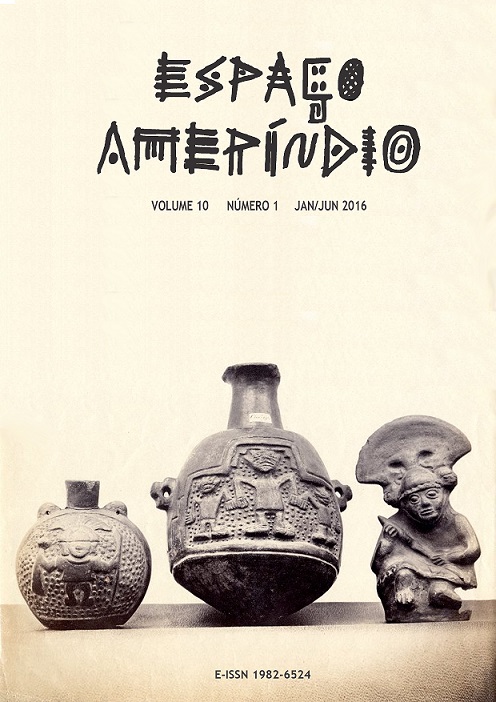BETWEEN CLASSROOMS AND SINGING: THOUGHTS ON THE ROLE OF MUSIC IN TIMBIRA SCHOOLS CURRICULUM
DOI:
https://doi.org/10.22456/1982-6524.64609Keywords:
education, music, school, indigenous, decolonization.Abstract
This paper aims to analyze the role of music in some experiences of curriculum reformulation in indigenous schools of Central Brazil, especially in Timbira populations, such as the Krahô, Apinajé, Gavião and Krikati peoples. These curriculum matrices are based on the development of new teaching practices, which take their basis from the musicality of each population. These experiences occur in dialogue with the Takinahaky Center for Indigenous Higher Education, in Federal University of Goiás. Thus, we try to think, first, about the musical potential to the processes of teaching and learning in these schools, which points out to interesting ideas about music, culture and pedagogy. Then we seek to question the typical curriculum model of contemporary Brazilian school education, which reduces the value of music education and basis itself on eurocentric values. It is proposed ultimately that public policy to indigenous education must be based on Amerindian knowledge systems, in which the musicality has a predominant role. Thus, this paper points out to the possibility of contributing to the decolonization of Brazilian indigenous schools.Downloads
Download data is not yet available.
Downloads
Published
2016-06-30
How to Cite
HERBETTA, A. BETWEEN CLASSROOMS AND SINGING: THOUGHTS ON THE ROLE OF MUSIC IN TIMBIRA SCHOOLS CURRICULUM. Espaço Ameríndio, Porto Alegre, v. 10, n. 1, p. 34, 2016. DOI: 10.22456/1982-6524.64609. Disponível em: https://seer.ufrgs.br/index.php/EspacoAmerindio/article/view/64609. Acesso em: 26 apr. 2025.
Issue
Section
ARTICLES




